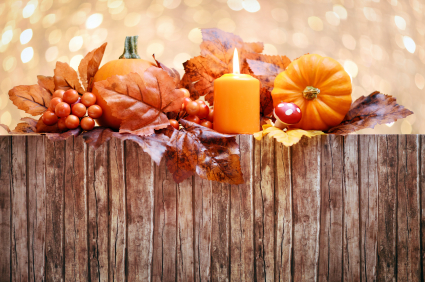Thanksgiving -- and Friendsgiving -- kindle a feeling of belonging
 Recently, I remarked to another marching-band mom how grateful I am for the program.
Recently, I remarked to another marching-band mom how grateful I am for the program.
"It gives my daughter something to belong to, and I think kids really need that," I said.
"I think everyone needs that," she replied. With perhaps a few exceptions, she's right.
Feeling that we belong is what makes Thanksgiving, and the holidays in general, either heavenly or hellish, and sometimes we alternate between the two within a few hours. Do we have a tribe in which we feel welcome, that shares our values and tastes? Do we briefly resemble a Norman Rockwell painting? Or do those mythical American images make us miserable when we contrast them with our awkward moments, mismatched dishes and families that are so post-nuclear they look like Fukushima I after the tsunami?
The holidays can magnify both our feelings of inclusion and of not belonging.
One new way to strengthen our bonds is "Friendsgiving." The celebration is usually held the day before or after the actual holiday, with a group of friends instead of the (obligatory) family members. People who live far from family members have celebrated alternative Thanksgivings since the Mesozoic Era, when I began pursuing a career.
But Friendsgiving is different. It's an additional celebration on an alternative day, not simply a collection of the geographically stranded. And it has its own hashtag on Twitter, as well as a Buzzfeed list of 17 rules. Rule No. 1: The host makes the turkey. Rule No. 17: Don't tell Mom if you like the gathering more than regular Thanksgiving.
The tradition's exact origin is unknown, although it may derive from the old NBC sitcom "Friends," which depicted such Thanksgiving-related gems as Chandler being forced to repent inside a giant box for kissing Joey's girlfriend, and Monica's head stuck inside a turkey. The show's characters made such bad choices about jobs and love that it lifted the spirits of viewers who were also struggling.
Friendsgiving seems to have the same "we're in this together" flavor. Hey, we're drinking rum from Mason jars and the centerpiece is a squash, but at least no aunt is asking when we'll be producing offspring. Perhaps this is a sign of our time. As the economy continues to tease with a glint that shines on an individual here or there, we're especially in need of acceptance and belonging.
Social networking sites like Facebook offer potentially powerful opportunities for people to connect and build social support. However, according to researchers from the University of Michigan, seeking reassurance on social media can backfire. In a two-week study, the more people used Facebook, the more negative they felt about their lives and social skills.
When it comes to belonging, there may be no substitute for face-to-face.
Another study sought to understand how human connection is related to the alarmingly high suicide rate among returning veterans.
The National Center for Veterans Studies at the University of Utah defined belonging as a meaningful connection to others, and strong relationships that held together without constant strain. Even when a veteran was noticeably agitated, angry or withdrawn, researchers noted, having a family member or colleague suggest getting help seemed to reduce the chance of suicide. "A strong sense of belonging protects against suicidal ideation," the Utah group concluded.
It's a wonderful virtue of our culture that we can invent unconventional gatherings when our souls need soothing. How about Vetsgiving? Just don't tell Mom if you like it more.